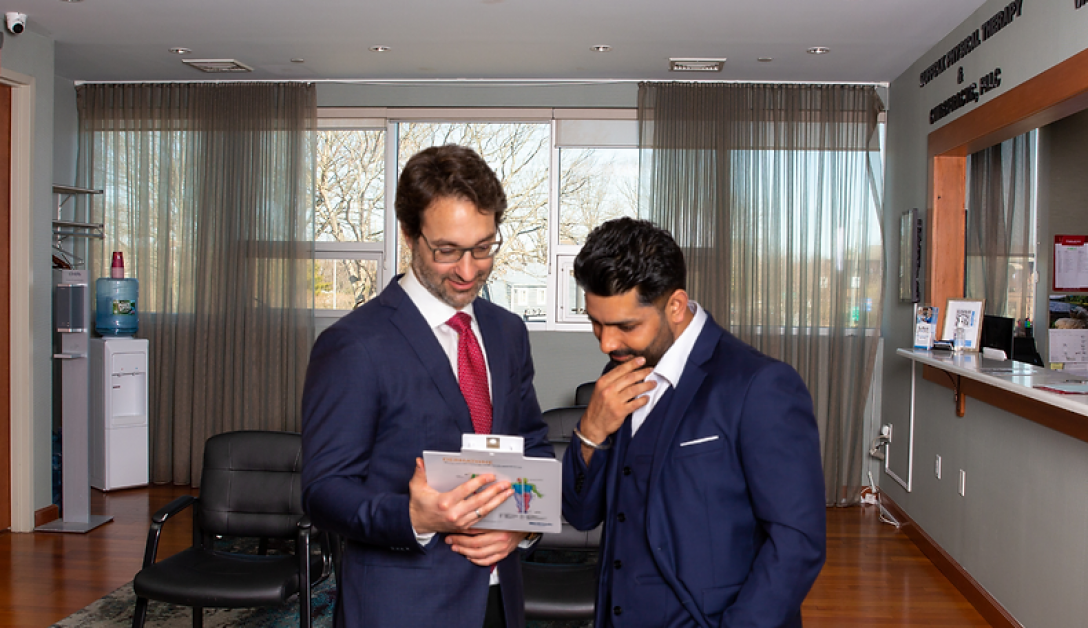Drug Offenses Family Law Divorce and Custody
Grandparents as Guardians
When the Connecticut Department of Children and Families (DCF) gets involved in a family situation, the agency’s wheels begin turning quickly. When DCF believes that the child is in danger by staying in the home, they will remove them. Where that child goes next depends on a lot of factors. The court will often appoint a guardian to make decisions for the child. Depending on the circumstances of the case, it’s possible that the grandparents could become the child’s legal guardian.
When DCF Gets Involved
Just about anyone who feels that a child’s safety, welfare, or health is in danger can call DCF in Connecticut. In fact, some professionals are required by law to notify DCF if there are suspected cases of abuse or neglect.
Once notified, DCF has an obligation to investigate the situation promptly. You will likely have a DCF investigator knock on your front door for an unannounced home visit. If the investigator has a reasonable suspicion that your child is not safe, they may also notify the police, who will respond with their own investigation.
Removing a Child from the Home
If DCF does an initial investigation and determines that there is a risk of abuse or neglect, they will attempt to create a plan to address the situation using their protocol and the services they have at their disposal. In many cases, DCF will remove the child from the home until they feel that it is once again a safe environment.
As relatives, grandparents have the legal right to notification if DCF decides to remove a child from the home. In general, DCF has an obligation to try to place the child with the other parent (if the parents are not living together) or with a relative of either parent. In many cases, it is the grandparents who are in the best position to care for and provide a home for the child. If they choose, the grandparents can request such a placement.
What Happens at a DCF Hearing?
Once a child has been removed from the home, there will be a hearing in front of a judge to give the parents a chance to argue their case. If they believe that the removal wasn’t appropriate, this is an opportunity to present such evidence. Unfortunately, many judges will side with DCF unless there has been a gross misunderstanding of facts. If you wish for your child to reside with their grandparents while your DCF case is pending, it would be a good idea to have them attend this hearing and indicate their willingness to become involved.






